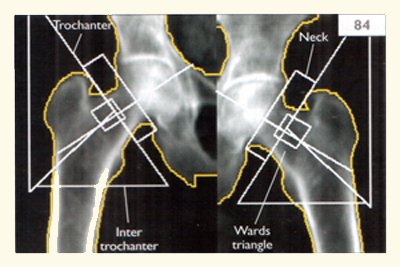Welcome to Hormones Hospital
Metabolic disorders

What are metabolic disorders?
Metabolism is the breaking down of food to its simpler components: proteins, carbohydrates (or sugars), and fats. Metabolic disorders occur when these normal processes become disrupted. Disorders in metabolism can be inherited, in which case they are also known as inborn errors of metabolism, or they may be acquired during your lifetime.
Metabolic Disorders Spotlight
An inherited metabolic disorder characterized by an inability to break down one of the building blocks of protein, the amino acid phenylalanine. Type I diabetes, a disease in which the pancreas does not create enough insulin to maintain balanced blood sugar levels, is a metabolic disorder of sugar metabolism. An example of a metabolic disorder affecting fat metabolism is Gaucher’s disease, which is characterized by a lack of the of the enzyme glucocerebrosidase. Metabolic disorders can also be complications of severe diseases or conditions, including liver or respiratory failure, cancer, chronic obstructive pulmonary disease (COPD, includes emphysema and chronic bronchitis), and HIV/AIDS.
Symptoms of metabolic disorders will vary among individuals and by the type of disorder. Some metabolic disorders result in mild symptoms that can be managed with medication and lifestyle changes, while others can cause severe and life-threatening symptoms, such as breathing problems, seizure, and organ failure. Some inherited metabolic disorders can require long-term nutritional supplementation and treatment, while metabolic disorders that arise as a result of another disease or condition often resolve once the underlying condition is treated.
Seek immediate medical care for serious symptoms, such as severe difficulty breathing; bluish coloration of the lips or fingernails; seizure; and change in level of consciousness or alertness, such as passing out or unresponsiveness.
Seek prompt medical care if you are being treated for metabolic disorders but mild symptoms recur or are persistent.
What are the symptoms of metabolic disorders?
Metabolic disorders cause disturbances in the normal chemical processes in the body and will result in different symptoms, depending on the particular disorder. The symptoms can vary in intensity among individuals.



